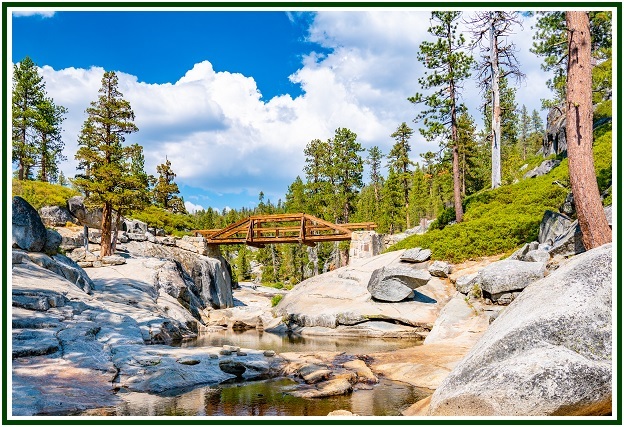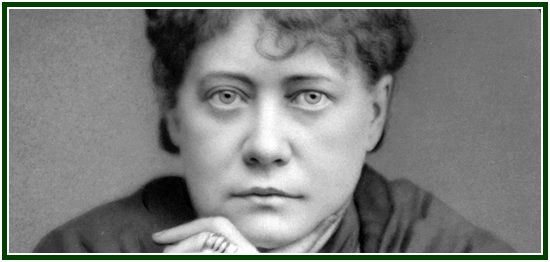
Justice and Equilibrium
Between The East and The West
Carlos Cardoso Aveline

* No philosophy is authentic that cannot establish a balanced relationship between one’s worldview and his daily actions. In order for the theosophical movement to be efficient, it needs to look at the practical life of our communities, and do so from the point of view of the teachings of esoteric philosophy.
* The material force of money does not determine the future of a nation. The fate of a society depends instead on the moral strength of its citizens. In this respect, Western civilization has much to improve.
* What does it mean, for theosophists, to be committed to universal brotherhood? Among other factors, it invites us to promote mutual respect among different civilizations.
* Equilibrium among contrasting countries is inevitable, for diversity is necessary to life. We must preserve and celebrate the unique character and independence of the Russian civilization, of the Western nations, of the Chinese society and other Eastern cultures.
* The goal of the theosophical movement is not to recite beautiful abstract words. It is not to memorize and regurgitate classical books. Its object is to work for the good of humanity. Its effort unfolds on various levels of reality, including abstract reflection and outward action.
* The writings of Helena Blavatsky show the fundamental importance of friendship and cooperation between East and West. What then should Western societies do to help – rather than hinder – human evolution?
* First of all, the West must transcend the interests of its own weapons’ industries and limit the political power of its arms dealers. Thus it will be able to better understand the East and to promote friendship – not war – among nations around the globe.
* It is wise to remember that the oldest nations on Earth live in the East. The spiritual knowledge and historical experience of the Eastern lands is often greater. Helena Blavatsky wrote that Russia is “the only country where the pure ideal of Christ is still preserved”.[1]
* All nations, rich or poor, deserve therefore being respected by the West. By insulting and disrespecting Eastern governments, Western political leaders disregard the interests of their own citizens. In the agenda of 21st century, we have the task of leaving behind us the long, unhappy era in which war was a central source of profits – for some.
The Ultimate Law of the Universe
* While naïve persons use to think they are too clever and can avoid the Law of Karma and ethics, honest people know that justice is the foundation of victory. Helena Blavatsky clarified: “…We consider [Karma] as the ultimate Law of the Universe, the source, origin and fount of all other laws which exist throughout Nature. Karma is the unerring law which adjusts effect to cause, on the physical, mental and spiritual planes of being. As no cause remains without its due effect from greatest to least, from a cosmic disturbance down to the movement of your hand, and as like produces like, Karma is that unseen and unknown law which adjusts wisely, intelligently and equitably each effect to its cause, tracing the latter back to its producer. Though itself unknowable, its action is perceivable.”[2]
* What we sow, we harvest: such is the Law.
* The more we think of correct feelings and constructive attitudes, the more they grow. In our century, it is historically and karmically necessary to make room for respect, for friendship and good will among individuals and nations.
Renunciation and Victory in the Temple
* If the student of Theosophy does not visit the temple inside his own consciousness, there is no point in building, or visiting, external sanctuaries. The purpose of the outer temple is to strengthen our relationship with the inner one.
* A truth-seeker needs to surround himself with a certain atmosphere of silence. He has to keep silence close to him all the time. This will enable him to perceive the deep meaning of words, facts and circumstances.
* The truth is that, by accepting nothingness, we have access to plenitude. As we transcend mere thoughts, we reach a comprehensive understanding of life. And what about greed? Greed is the bridge to defeat. Through renunciation, we win. The silent mantra of victory must resound once and again in the invisible realms first.
* The understanding of spiritual truth must occur little by little. And its transmission, too, often must be done drop by drop. A Master of Wisdom makes a warning about that in the Mahatma Letters. We cannot grasp the whole truth all at once. Nor is it possible to instantaneously teach everything we have to teach.
* Just as in learning a new language, the process of imparting – and absorbing – Theosophical knowledge must be done slowly and with great patience, since it involves various and quite different levels of consciousness. Even when there are sudden flashes of immediate understanding, they can only occur because previously there was a slow and gradual preparation of consciousness.
Paradoxes in Theosophy
* Life is contradictory, and Helena Blavatsky wrote that paradox is part of the language of Occultism. Paradoxes are present in Zen Buddhism. Apparent contradictions are typical of the Russian Soul. Both wisdom and consistency are internal virtues, not external. One needs to pay a deep attention and to look beyond surface to see them.
Liberty to Elevate Oneself
* Many wish to be “free” from a short term perspective, so that they can say and do whatever they feel like. Such people usually have no sense of responsibility over their thoughts, their words or their actions.
* Each time “total liberty” is given to the lower animal passions, civilizations implode. And this takes place for a very simple reason: animals do not need human civilizations.
* Every civilized society – including those of ancient tribes – is the result of a significant degree of self-restraint, on the lower self, and of an orderly collective cooperation. It is from the existence of mental purity, of inner peace and natural order on the emotional level that a higher degree of liberty emerges.
* For a true liberty of thought to occur, thought must be reasonably elevated. To the impure mind, liberty brings about violence and chaos. For the honest soul, liberty is a blessing, for it consists in the freedom to elevate itself and to get into conscious unity with the law of the universe.
NOTES:
[1] See “Answer to a Russian Philosopher”, by H. P. Blavatsky. Also published under the title “Neo-Buddhism”, in “Collected Writings”, H.P. Blavatsky, Volume XII, p. 348.
[2] From the text “What Is Karma?”.
000
The article “Thoughts Along the Road – 81” was published on the websites of the Independent Lodge of Theosophists on 10 February 2025. An initial version of it is part of the April 2022 edition of “The Aquarian Theosophist”, pp. 12-14.
000
Read more:
000
Print the texts you study from the websites of the Independent Lodge. Reading on paper helps us attain a deeper view of philosophical texts. When studying a printed text, the reader can underline sentences and make handwritten comments in the margins that link the ideas to his personal reality.
000

Helena Blavatsky (photo) wrote these words: “Deserve, then desire”.
000